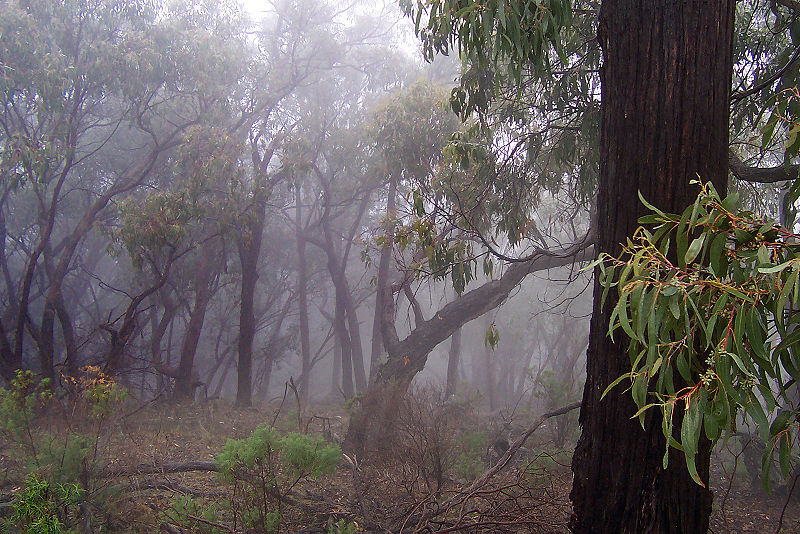A tenth of earth’s forests have disappeared since the 90s

According to a recent detailed study published in the journal Current Biology, the wilderness of the planet earth is facing a dramatic decline.
The study suggests that in a short span of just 20 years an area as big as half of Australian continent has simply vanished from the face of the earth, that was previously regarded as wilderness. The researchers have laid out the details of the disastrous decline citing that a total of 3.3 million square kilometres of greenery has been literally wiped out since the early 1990’s; the findings are not surprising, but that does not lessen the impact of the revelations.
Speaking to the Australian Broadcasting Corporation the lead researcher in the project and University of Queensland’s Associate Professor James Watson said that the peculiar fact about the wilderness is that once you lose them, you lose them for good and there is no turning back after the loss.
He added that humans’ obsession of leaving the fingerprints all over the planet especially the craze of conquering the uncharted territory has damaged our only reference point for nature i.e. the wilderness.
The only good thing that came out of the study is the claim that around 30 million square kilometres of global forests and wilderness have successfully escaped the apparent plague of human intervention; most of this wilderness is in North America, North Asia, Australia and North Africa.
However, the stress was largely upon the lack of adequate planning and protection for the wilderness; as the amount of wilderness which has been protected since the 90s is roughly 2.5 million square kilometres which is far less then what has already been wiped out by us.
The researchers also claimed that some regions of the world previously deemed synonymous to wilderness and greenery have had it really bad; South Africa has reportedly lost 30 percent of its wilderness which is a daunting revelation for the region.
Not surprisingly, the study single-handedly rests the blame on the shoulders of humans for the decimation of the wilderness. The fact that human progress is measured in terms of the industrial activities that include mining, forestry, and expansion of cities, has largely contributed towards this catastrophic loss of wilderness. Unless there is a radical shift in our understanding of the modernization and the correlation of forests and wilderness with the quality of life; there is no hope for a better future for the generations to come.
